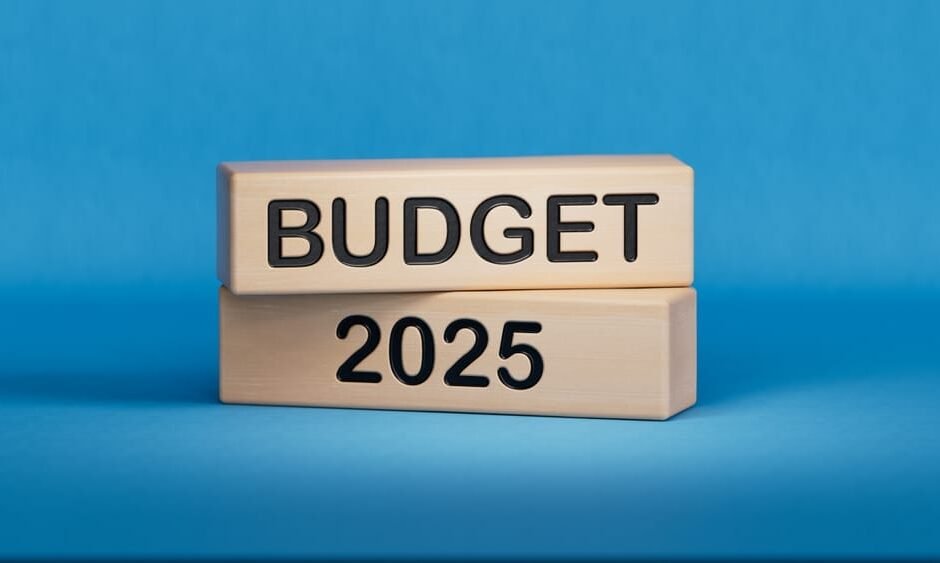The government will create “separate tax rates” for property income, with the property basic rate set to rise to 22%, the property higher rate to hit 42%, and the property additional rate to reach 47% from 2027-28.
These will apply across England, Wales and Northern Ireland and the government will “engage” with Scotland and Wales to “provide them with the ability to set property income rates in line with their current income tax powers in their fiscal frameworks”, HM Treasury said.
This is expected to raise around £500m every year from 2028-29 onwards.
In her speech, Rachel Reeves said a landlord with a rental income of £25,000 will pay nearly £1,200 less in tax than their tenant with the same salary.
“No National Insurance is charged on property, dividend or savings income. It’s not fair that the tax system treats different types of income so differently, and so I will increase the basic and higher rate of tax on property, savings and dividend income by two percentage points, and the additional rate of tax on property and savings income by two percentage points,” she said.
Reeves noted that even after these reforms, 90% of taxpayers will pay no tax at all on their savings.

The future is here: API-powered full mortgage applications are live with Halifax Intermediaries
Sponsored by Halifax Intermediaries
Rumours had been circulating about the possibility that National Insurance could be applied to rental income, with industry executives saying this could wipe out profits for higher-rate landlord profits.
Property tax increases could be ‘final nail in coffin’ for owning in personal name
Ryan Etchells, chief commercial officer at Together, said while it seems landlords dodged the imposition of National Insurance on their income in the Budget, the tax collector would still “take a sizeable bite out of their incomes” due to Reeves’ rise in income tax rates for sole trader landlords who hold properties in their own names.
“Landlords have been hammered with increasing tax and regulation over the last few years thanks to previous policy changes. Regulatory changes, as well as the Renters’ Rights Bill, means there will be more pain for landlords to contend with. All this will inevitably result in higher rents from next year onwards, which could force landlords to sell up altogether if they can’t make the numbers stack up, worsening the UK’s rental crisis,” he said.
Mark Harris, chief executive of SPF Private Clients, agreed that the change could be the “final nail in the coffin for landlords owning property in their own name”.
“It is very hard to make a profit unless property is owned via a limited company structure. We have seen a growing number of clients either purchase investment property via this route or move existing portfolios in their own name over to a limited company structure, and we now expect this trend to escalate.
“The timing of such a move is very important and needs to be done in consultation with a mortgage broker and tax adviser. Landlords concerned about the measures announced today should seek advice as soon as possible,” he said.
Steve Cox, chief commercial officer at Fleet Mortgages, said it would mean “landlords will once again see their incomes squeezed, at a time when costs continue to rise”.
He said the introduction of the Renters’ Rights Act was already “adding further costs to landlords next year, all of which are likely to be passed on to tenants in the form of higher rents”.
“Add in this income tax increase to all the extra costs and responsibilities, and again landlords are going to see their margins on properties under further pressure. It is far too early to say how this will impact supply within the private rented sector (PRS), but of course it will require a reassessment by landlords and we are likely to see rents being reviewed in order to maintain profits.
“I think we can be fairly certain that this decision will move landlords even further towards using corporate vehicles for their portfolios; our most recent Rental Barometer already showed 81% of all mortgage applications we received were from limited company borrowers, and the direction of travel now looks likely to move even further towards this,” he noted.
Dr Neil Cobbold, commercial director at Reapit, agreed that the 2% increase in property income tax will “dent landlord income and risk rental property attrition at a time when we need more supply”.
“However, it also creates an opportunity for expert agents to advise on alternative strategies, such as higher-yield tenancy types including student rentals and houses of multiple occupation (HMOs), refinancing options to reduce mortgage payments, or even transitioning properties to sales,” he said.

